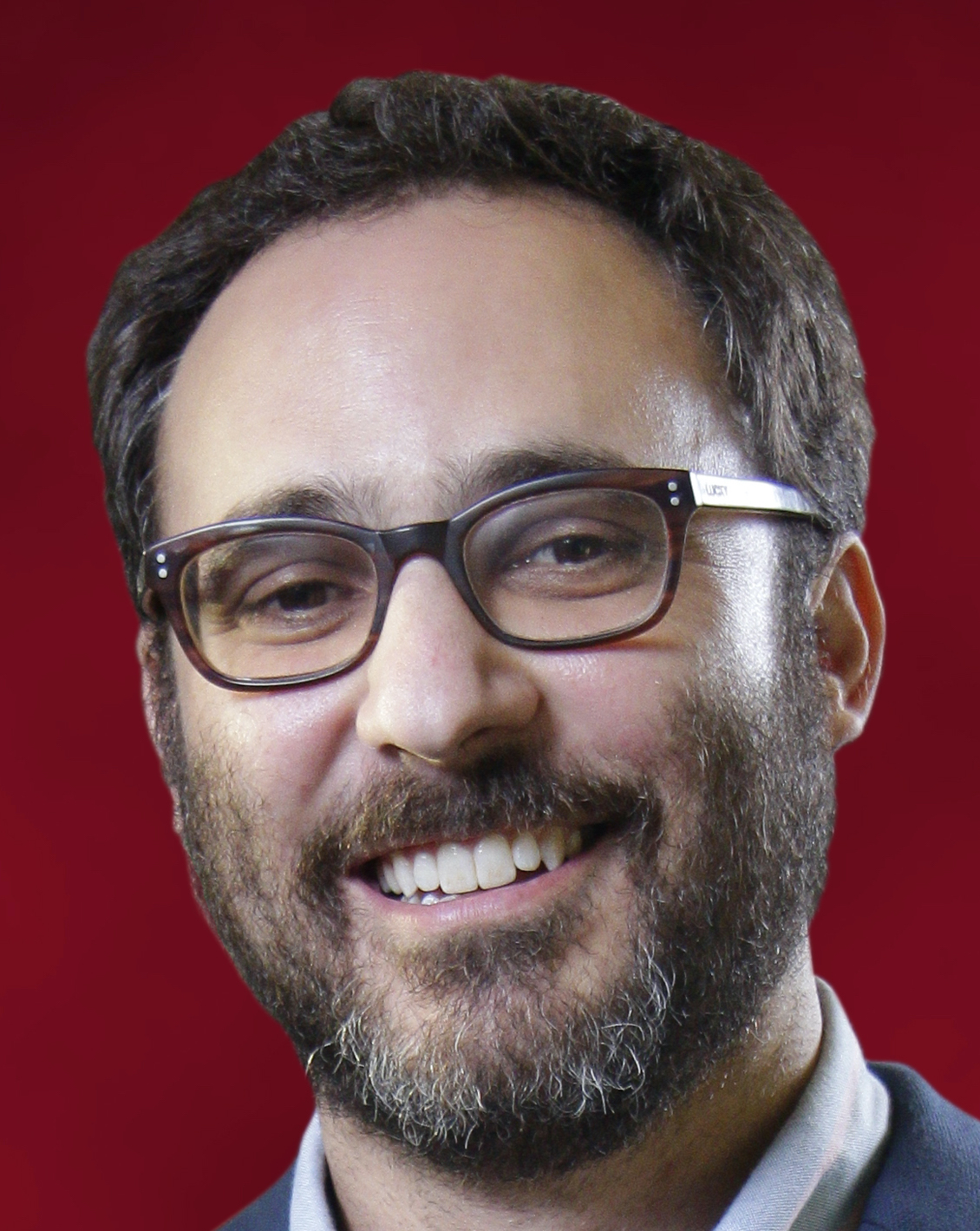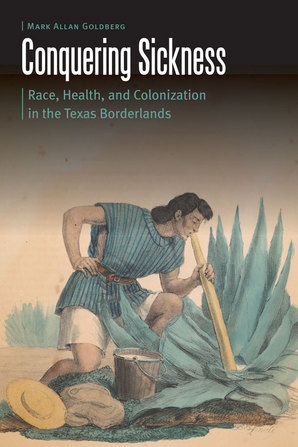Mark Allan Goldberg | Department of History
Mark Allan Goldberg
Associate Professor

Phone: (713) 743-3091
Email: magoldberg@uh.edu
Office: 545 Agnes Arnold Hall
Mark A. Goldberg received his BA from the University of Texas at Austin and his MA and PhD from the University of Wisconsin-Madison. His research focuses on U.S. Latina/o/x history, the history of borders, immigration, and race and ethnicity. Professor Goldberg served as Director of the UH Jewish Studies Program from 2017 to 2023, and Interim Director of the UH Center for Public History from 2023 to 2024.
Teaching
Professor Goldberg teaches courses in Latina/o/x history, immigration, Jewish Studies, and early America. In 2018, he was awarded a Teaching Excellence Provost Core Award.
Research Interests
Professor Goldberg is the author of Conquering Sickness: Race, Health, and Colonization in the Texas Borderlands (University of Nebraska Press, 2017). Conquering Sickness examines the role of health and healing in imperial expansion, nation building, and race formation in the 18th- and 19th-century Texas-Mexico border region. Health concerns drove Spanish, Mexican, and Anglo American colonization in Texas, and colonists regularly articulated what behaviors fostered healthy and successful settlement and what behaviors threatened human bodies. In the process, Spaniards, Mexicans, and Anglos defined nonwhites as medical threats to society, empire, and nationhood.
Goldberg is currently working on another book project on the history of Jewish Latina/o/xs. This project, tentatively titled “Double Diaspora: Cuban Jewish Migration to Greater Miami,” begins in pre-revolution Cuba and tracks Cuban Jews as they transitioned from Cuban nationals to U.S. residents and citizens. In South Florida, U.S. Cuban Jewish newcomers forged what I call a “double diaspora,” rooted in an entangled Cuban Jewish identity born from Jewish life in Cuba, American Jews’ perilous position, and U.S. racial politics. Focusing on members of two overlapping racialized groups—Latina/o/xs and Jews—this project uncovers a hidden diasporic history and the unpredictable ways white supremacy and nativism shaped immigrant experiences.
Goldberg is an affiliate of the Center for Mexican American and Latina/o Studies, the Center for Public History, and the Jewish Studies Program. He organized an ongoing public-history project related to his research, titled “La Hora: Jewish Latina/o/xs and Explorations in Jewish History and Identity.” Professor Goldberg has begun building an oral history archive as part of this project, and he oversaw the development of the Sephardic Latinx Oral History Project with 15 UH undergraduates in partnership with Holocaust Museum Houston.
Goldberg’s work has been supported by funding from the University of Houston, Humanities Texas, Center for Jewish Ethics, and the Texas State Historical Association. He also has received research grants from the Recovering the U.S. Hispanic Literary Heritage Project, the Southern Jewish Historical Society, and the Texas Jewish Historical Society.
Selected Publications
Book:
Conquering Sickness: Race, Health, and Colonization in the Texas Borderlands (University of Nebraska Press, 2017)

Articles:
- “Stop calling covid-19 a foreign virus,” Washington Post, March 26, 2020
- “Curing the Nation with Cacti: Native Healing and State Building before the Texas Revolution,” in Precarious Prescriptions: Contested Histories of Race and Health in North America, ed. Laurie Green, John Mckiernan-González, and Martin Summers (Minneapolis: University of Minnesota Press, 2014).
-
“‘It can be cultivated where nothing but cactus will grow’: Local Knowledge and Healing on the Texas Military Frontier,” in Recovering the Hispanic History of Texas, ed. Monica Perales and Raúl Ramos (Houston: Arte Público Press, 2010).
-
“Negotiating Nacogdoches: Hasinai Caddo-Spanish Relations, Trade Space, and the Formation of the Texas-Louisiana Border, 1779–1819,” American Indian Culture and Research Journal 33, no. 1 (2009): 65-87.